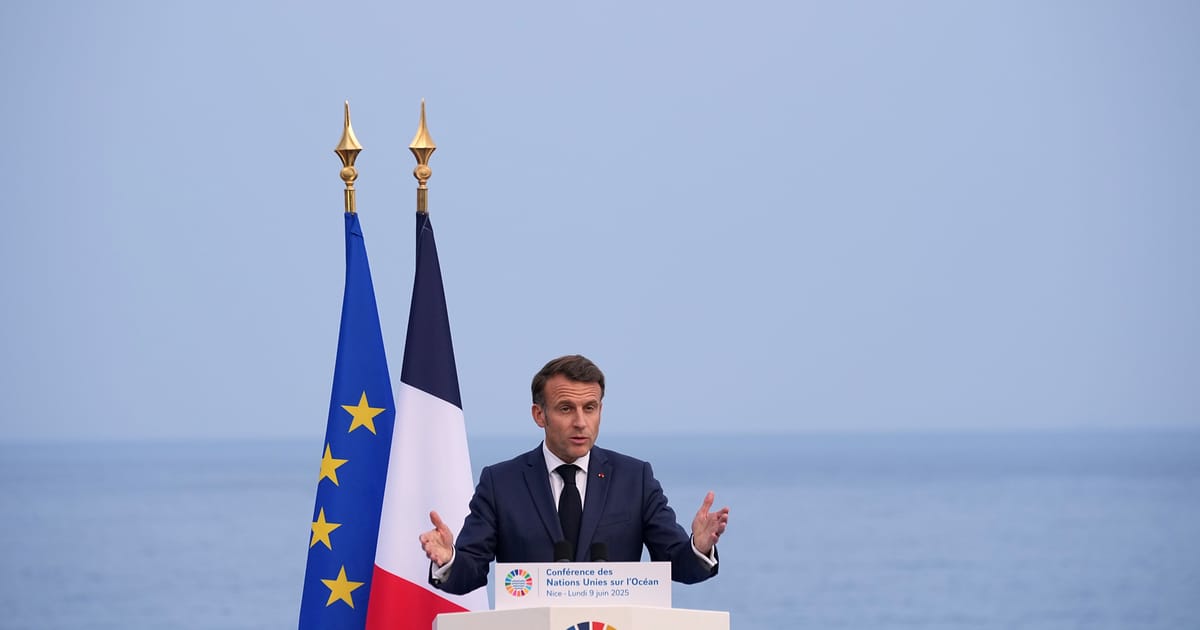

In recent developments around climate action and sustainability, several noteworthy happenings have emerged worldwide, touching upon the environmental policies in Europe, innovative architecture in Australia, and sustainable infrastructure in the Australian corporate sector.
This broader landscape signals both challenges and opportunities in the global commitment to sustainable practices, focusing on informed decisions that gently pave the road for a greener future.
In Europe, French President Emmanuel Macron has expressed intentions to delay the upcoming European Union climate milestone. Despite potential concerns that such a postponement may weaken the EU’s international green ambitions, Macron’s decision reflects the need to analyze complex and shifting political landscapes that influence decision-making processes. The implications of this delay are multi-faceted, as it opens a dialogue on balancing environmental aspirations with economical and political considerations.
Meanwhile, Greenland’s geopolitical stance continues to be a pivotal factor for Denmark’s presidency within the EU framework. In a twist of international diplomacy, Greenland’s strategic importance has been accentuated by renewed external interests, emphasizing how interconnected global regions constantly shape and reshape the climate action narrative. While Denmark navigates these uncertainties, it remains an illustrative example of how individual countries’ dynamics can influence broader regional policies.
From a different perspective, the recent Bonn climate talks offered a reflective space for multilateral dialogues ahead of the forthcoming COP30 summit in Brazil. These discussions were centered around setting ambitious yet practical objectives to address the climate crisis. Participants delved into critical topics, including financial strategies to support climate action and the necessity for inclusive stakeholder engagement, providing a roadmap for strengthening international cooperation and alignment.
In Australia, efforts towards integrating sustainable practice within corporate and public infrastructure have taken promising strides. The Australian government has granted a $100 million loan to support the installation of solar panels and EV chargers at Bunnings and Officeworks stores. This initiative, backed by the Clean Energy Finance Corporation, encourages a ripple effect across the commercial sector, aiming for a more cohesive transition toward renewable energy usage in commercial properties.
Additionally, the recognition of Queensland’s Kangaroo Point Bridge during the architectural awards underscores the role of thoughtful design in urban sustainability. Blending form and function, the bridge integrates solar power and communal spaces, setting a precedent for future projects that elevate the urban landscape above mere functional criteria. This accomplishment reflects a deepening societal recognition that infrastructure can harmonize environmental consciousness with everyday human interaction.
As these varied threads intertwine, they demonstrate a tapestry of collective efforts and diverse approaches to achieving sustainability. While challenges remain, the core theme remains positive: nurturing a mindful approach in the evolution of environmentally responsible practices and policies. Each decision, from local infrastructure innovations to global policy shifts, contributes incrementally toward an enduring global vision of sustainability.
The path forward continues to require patience, collaboration, and an ever-present awareness of the planet’s finite resources, ensuring a hopeful future for generations to come. Through mindful deliberations and actions, the global community can foster lasting change that aligns with the serene rhythms of nature.
Source: {link}
